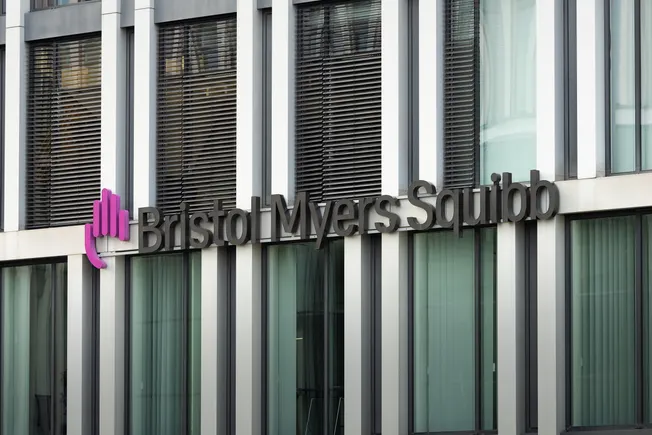FDA takes major step to ease access to CAR-T therapy


Dive Brief:
- The Food and Drug Administration is easing limitations it imposed around the complex cancer drugs known as CAR-T therapies, removing several onerous requirements as well as loosening restrictions on which facilities can provide treatment.
- The FDA’s action applies to therapies made by Bristol Myers Squibb, Gilead Sciences, Johnson & Johnson and Novartis that are used to treat several types of blood cancer. Specifically, it removes so-called “Risk Evaluation and Mitigation Strategies” from the drugs’ labeling, which are used to help manage serious side effects of treatment.
- According to the FDA, these REMS requirements are no longer necessary to ensure safe use of these CAR-T therapies as both physicians and hospitals are now well versed in managing the two syndromes most commonly associated with the drugs.
Dive Insight:
Since the FDA’s approval of Novartis’ Kymriah for leukemia in 2017, six more CAR-T therapies have reached market. These medicines are made from a patient’s own immune cells, extracted from the body and engineered in a lab to hunt down specific proteins found on the surface of malignant clones.
For some people with leukemia, lymphoma or multiple myeloma, they can prompt powerful responses and even long-lasting remission. But their administration also comes with notable risks, including a hyperactive immune response known as CRS and neurological toxicity dubbed ICANS.
When CAR-T therapies were new, physicians and the hospitals they worked at faced a learning curve handling these treatment-associated conditions, which require specific management and drugs to bring under control.
The REMS imposed by the FDA was designed to help mitigate these risks by requiring hospitals receive special certifications before they could administer treatment, and mandating specialized reporting of side effects to the agency.
“Given the established management guidelines and extensive experience of the medical hematology [and] oncology community in diagnosing and managing the risks of CRS and neurologic toxicities across products in the class of BCMA- and CD19-directed autologous CAR-T cell immunotherapies, FDA has determined that the safe and effective use of CAR-T cell immunotherapies for the indicated population can be assured without a REMS,” the agency said in a Thursday statement. BCMA and CD19 are the protein targets of the seven approved CAR-T therapies.
Reporting rates for CRS and ICANS have “remained stable,” the FDA added.
Alongside removal of the REMS, the regulator also reduced its requirement that patients remain nearby the facility they received treatment from one month to two weeks. And its limitation on how long patients must wait before they can drive or operate machinery again after treatment is lowered from two months to two weeks.
Removal of the REMS should lower the logistical hurdles patients face in receiving CAR-T treatment as well as the cost of administration, the Alliance for Regenerative Medicine, a trade group, said in a post to LinkedIn.
“We believe the reduction in CAR-T burden for patients and caregivers, enabled by FDA’s new monitoring and driving requirements, will drive expansion of the U.S. cell therapy market,” Daina Graybosch, an analyst at Leerink Partners, wrote in note to clients.
In a statement, Bristol Myers, which sells the CAR-T therapies Abecma and Breyanzi, noted that only two in 10 eligible patients receive the treatments “due to the confluence of complex logistical and geographic barriers affecting patients and providers.”
The changes could help expand use of CAR-T from specialized medical institutions, where it’s most commonly given, to community health centers, Bristol Myers said.
Breyanzi, Kymriah and Gilead’s Yescarta and Tecartus are cleared to treat lymphoma, although Kymriah is more commonly used for leukemia, where it is also approved. Abecma and J&J’s Carvykti are used for multiple myeloma.
The most recently OK’d CAR-T treatment, Autolus Therapeutics’ Aucatzyl for lymphoma, was the first to be cleared without an initial REMS program.
This post has been syndicated from a third-party source. View the original article here.



